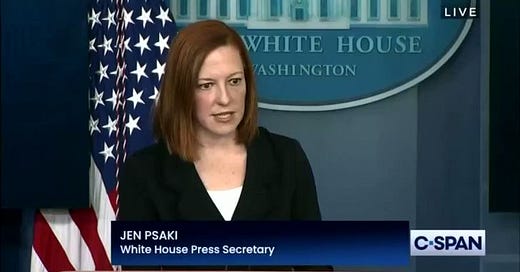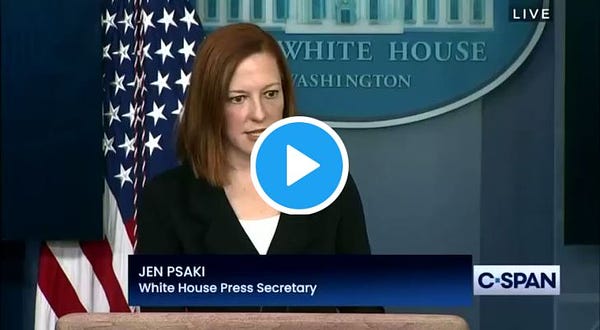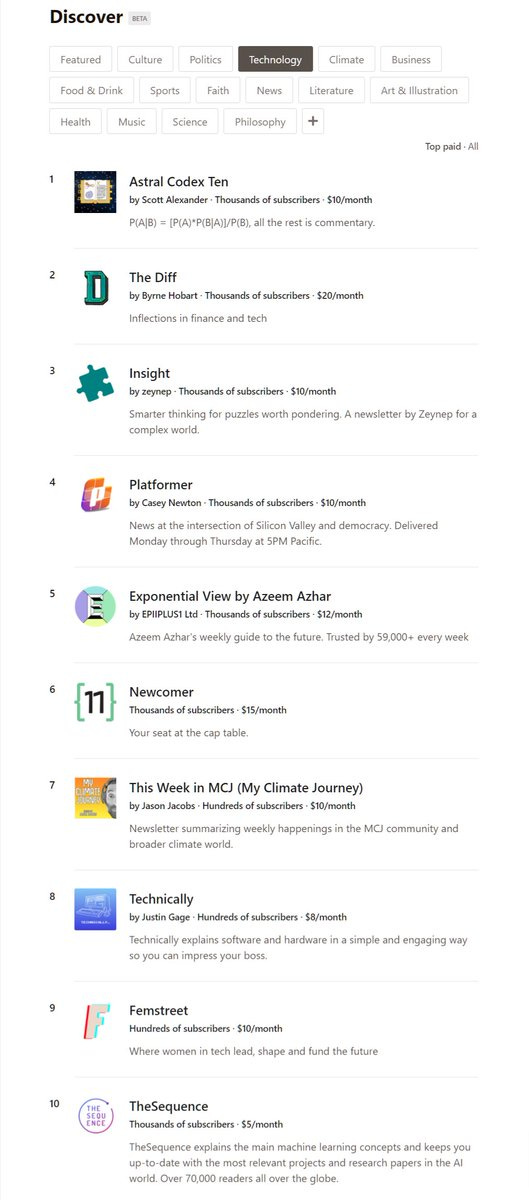Okta to Buy Security Software Maker Auth0 for $6.5 Billion
Jack Dorsey’s inexplicable acquisition of Jay-Z’s Tidal made headlines this week, but it was a relatively small deal — only $297 million. The press paid less attention to Okta’s $6.5 billion purchase of rival Auth0. But it’s one of the largest acquisitions so far this year.
I’ve had a couple different reactions to this deal. On the one hand, it’s a great exit for Bessemer Venture Partners, which owns 20.7% of Auth0. Bessemer stands to make about $1.4 billion from the merger, according to Bessemer partner and Auth0 board member David Cowan. It’s the third-largest exit for the firm behind Twilio and Shopify since the venture firm began investing in 1965.
I feel like Silicon Valley has grown numb to big exits. We’ve come to expect these types of deals in the venture industry. I remember when I broke the news that Bessemer portfolio company Twitch was selling to Amazon for roughly $1 billion. That was a stunning exit back in 2014. This time around, I was only vaguely aware of Auth0 before I found out it was selling to Okta for $6.5 billion. Yes, consumer startups get more attention, but it also reflects the number of growing technology companies that are quietly worth billions today.
The other thing that surprised me about the Auth0 sale was that it was a sale at all. We’re in the heyday of public market exits. You can SPAC, you can IPO, you can direct list. There are so many options. If it were a cash deal, the sale would seem like a hedge against a frothy market. But Auth0 shareholders get Okta stock. It was a bit of a head scratcher.
“This was not a short-term, profit maximizing move for sure,” Cowan told me on a video chat Thursday. “We had bankers lined up. Morgan Stanley was ready to take us public. It would have been a screaming IPO.” Instead, Auth0 CEO Eugenio Pace and Okta CEO Todd McKinnon negotiated a deal directly based on the relative value of the two companies, Cowan said.
“Todd and Eugenio have been flirting about this for some time, and as the IPO approached they realized it was now or never,” Cowan said.
(Cowan has also had two recent wins with Rocket Lab and Spire Global listing via SPACs.)
The Era of Audio Creators Has Arrived
Everyone has an opinion on Clubhouse. One of the strongest positive signals for the audio app is that people are trying to build companies to seize on Clubhouse’s early success. Taylor Lorenz has the story on Audio Collective:
Audio Collective is one outgrowth of the audio boom. The company, which announced its formation on Thursday, will offer event planning, brand consulting, and support and community for creators working in the field. Its founders also plan to lobby Clubhouse for stronger moderation policies, better insights and performance metrics, and monetization tools.
The company’s 40 founding members are creators themselves; they host talk shows, meet-ups, discussion groups and other high-profile events and command many millions of followers. Unlike podcasters, who produce edited shows, they perform for a live, interactive audience, much like streamers.
I’ve wondered myself how much time to spend on Clubhouse. Should I be doubling down on both of Andrew Chen’s high-profile portfolio companies? (Substack is another big investment of his.) For now, I don’t think so. I find myself ducking into interestingly-titled Clubhouse rooms only to find them rambling and discursive. I do appreciate Clubhouse’s spontaneity. And certainly it’s much easier to produce than a professionally-edited podcast. But the ad hoc nature of Clubhouse seems to come through in the end product. I’m interested to see if Clubhouse makes it easier to publish condensed versions of the live conversations so that only die-hard fans have to wade through the dull moments.
A Leading Critic of Big Tech Will Join the White House
President Biden on Friday named Tim Wu, a Columbia University law professor, to the National Economic Council as a special assistant to the president for technology and competition policy, putting one of the most outspoken critics of Big Tech’s power into the administration.
The appointment of Mr. Wu, 48, who is widely supported by progressive Democrats and antimonopoly groups, suggests that the administration plans to take on the size and influence of companies like Amazon, Apple, Facebook and Google, including working with Congress on legislation to strengthen antitrust laws. During his campaign, Mr. Biden said he would be open to breaking up tech companies.
There’s been a lot of tea-leaf reading about where exactly the Biden administration will land on big tech. Biden himself spoke pretty negatively about Facebook on the campaign trail. Then he turned around and picked Ron Klain as chief of staff, a man who made his money at Steve Case’s venture capital firm, Revolution. And then insiders took the appointment of Merrick Garland as Attorney General as another quiet victory for big tech. A moderate former judge, Garland is someone with a reputation for calling balls and strikes — not really the type of person you’d expect to creatively reinterpret the Sherman Act.
Now, with the selection of Tim Wu, who wrote The Curse of Bigness: Antitrust in the New Gilded Age, the administration tacks back in the other direction. There are few people with a personal brand more closely associated with breaking up big tech.
The White House Press Secretary Jen Psaki told the White House press corps not to read too much into Wu’s appointment. “His hiring is a reflection of the value of his expertise,” she said. “If the administration policy was determined by every person that was hired we would have 400 different policies on each issue,” Psaki said.
We’re entering a period of Democratic infighting over how hard to go after the tech industry. Two big questions remain: Who will the administration pick to run the Justice Department’s antitrust division and who will it appoint to Federal Trade Commission?
Newcomer Update
Thank you so much for your support! This newsletter now has more than 1,000 paying subscribers and more than 8,000 people on the free list. I don’t want to take too much of a victory lap here. It feels like early days. But I know that you all are cheering along and wondering how it’s going, so I thought you’d like an update. This seems to be working!
We’re sixth on Substack’s paid tech leaderboard.
And I’m super excited about what I’ve got in the works, including, for paid subscribers next week, an interview with the CEO of an autonomous vehicle company.
So many of the people who subscribe to this list would be great sources if they ever wanted to talk. Right now, I’m particularly eager to talk to limited partners and managers at fund of funds for their perspectives on venture capital firms. But really, if you have a good story idea, I’d love to hear it. You can always reply to these emails and I’m happy to take information anonymously.
EDITOR’S NOTE: My friend in tech who proofreads this newsletter informs me that “there’s a slight tinge of a shark telling me I look like a good meal.”
I promise I don’t bite.
Eric









💯agree with your POV about clubhouse. You were fed a onslaught of softballs a week ago last Friday, a waste of your depth and insight but probably provided some pop to subscriptions. As you said later on Twitter, need to keep doing the Mktg too. Debate over independent vs. editorial journalism with your former “home” @theinformation has been fun. Says one of the 1000 paying subscribers...$$$. Congrats.